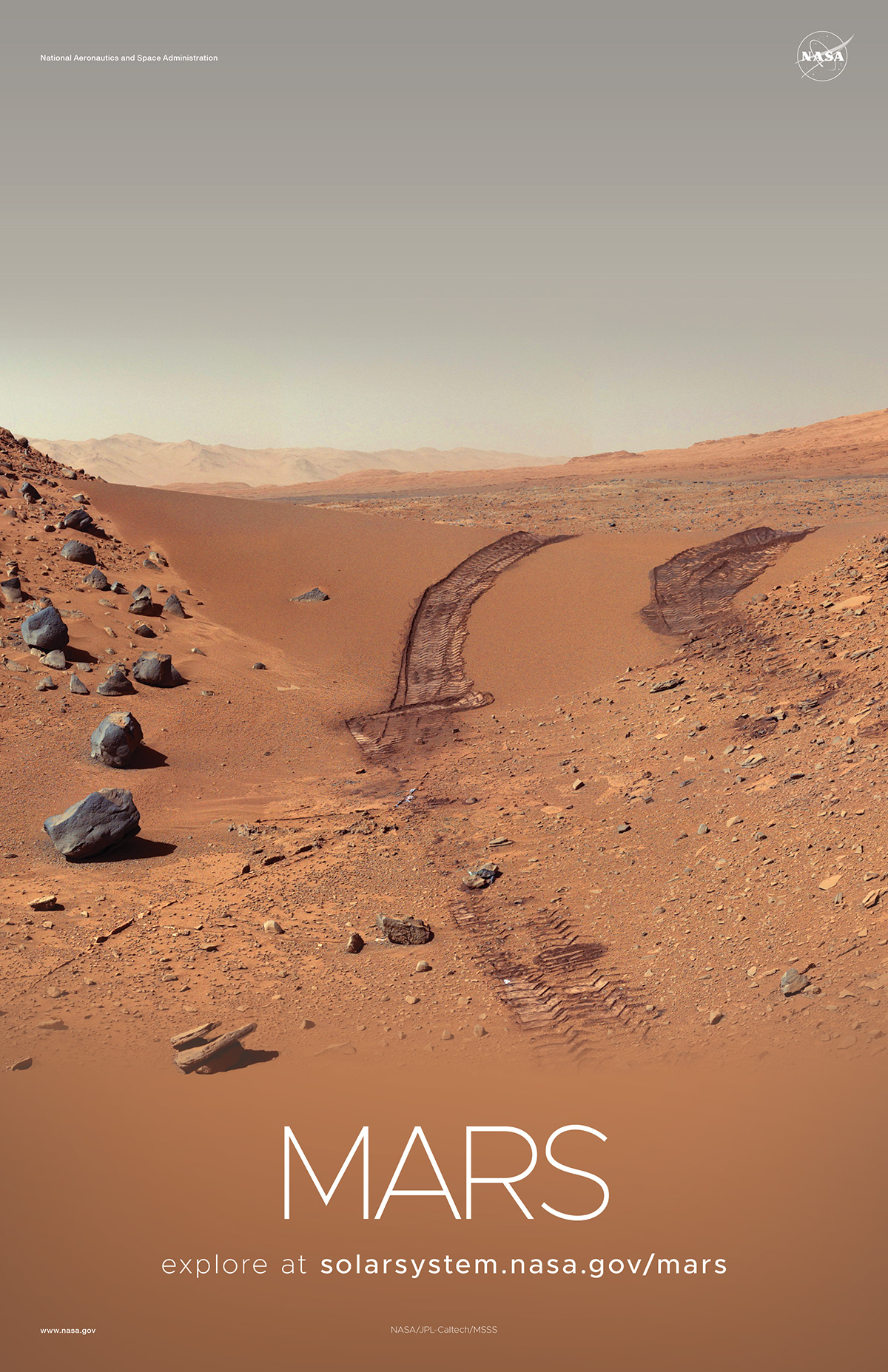I’ve been working on a book for years. It tells the story of the first generations of people to settle Mars (see more here). As I near the end, I want to start writing here about what drew me to the topic.
Lots of books and films depict Mars. It’s in the golden valley of otherness: alien, yet familiar. It’s a place where our machines have landed, but also a place that feels impossibly distant. We might as well be sending probes to another plane of existence.

We also recognise Mars as a place vaguely similar to our home. Space is cold and dark and infinite. But photographs of the surface of Mars look like they were taken at dusk in Arizona or Chile – and the geology is indeed very similar. Earth and Mars are almost twins (actually Earth and Venus are more twin-like, with Mars being the runt, but Venus is as close to Hell as you can find in real life). The opinions of pundits vary wildly, but there is a very real chance that we will see human beings walk on Mars this century.
The Wild West of the Space Age
Mars is one of the last true frontiers. The Wild West of the Space Age. And if we know anything from Hollywood and Western sagas, it’s that storytellers love a good frontier. Our natural exploratory instinct is biting at the bit on an Earth, where only the deepest ocean floors aren’t exhausted for mystery and intrigue. We want to be titillated by the unknown: a bit of dark mystery like the Congo in Heart of Darkness, or a bit of adventure like Nemo’s voyages in 20,000 Leagues Under the Sea.
But there’s also a problem with storytelling on Mars: actually telling a human story. Most books and films set on the Red Planet aren’t about people living their lives. They’re about the dangers of running out of air (Stowaway) or Robinson Crusoe-type survival thrillers (The Martian), or far-future visions of techno-punk, three-boobed, unicorn-obsessed glory (Total Recall, Blade Runner).
You can also do a bit too much research and turn the book into a pageant for near-future technology (personally, I think Kim Stanley Robinson’s Red Mars falls into this trap, even though it’s also the closest thing to a Martian family saga out there). The presiding widsom is that you need a gimmick to hook people in and engage them. If you don’t have a gimmick, there’s a fear that you’ll lose people. Instead, you have to have laser-wielding aliens or AI run a-mock.
The Real Story Waiting to Be Told
There’s a real story waiting to be told on Mars, one that only a few have achieved (e.g. Mary Robinette Kowall’s The Fated Sky or Ray Bradbury’s The Martian Chronicles). If people ever go there with any intention of staying, their lives will be fascinating. I’ll expand on this in future posts, but for now here’s a list of questions that I hope will highlight how fertile this ground is for stories:
- If you had the chance to be part of a real exploratory mission into the unknown, would you take it – if there was a chance you wouldn’t come home?
- There’s something in the idea of travelling to a new planet that is intimiately bound up in the immigrant experience, something most people from Western counties know very little about. What would it mean for the people you left behind?
- In making a harsh and unforgiving place your new home, what would you realise you had taken for granted?
- If going all that way was the price you paid for eternal infamy, would you pay it?
- Does the cost of countless billions for a mission to Mars provide returns on investment? Why aim for the stars when there are so many problems on Earth?
- How would you navigate the terrain of equity of all nations and peoples? We still talk about colonizing space, in a world that is supposedly post-colonial. Who gets to plant flags and found cities, gets to name anything? Who owns the means of transportation between worlds?
- How would you deal with the prospect of having children if you knew they could never return to Earth? Could you cope with knowing you were condemning them to a difficult life, either underground or surrounded by an endless desert?

